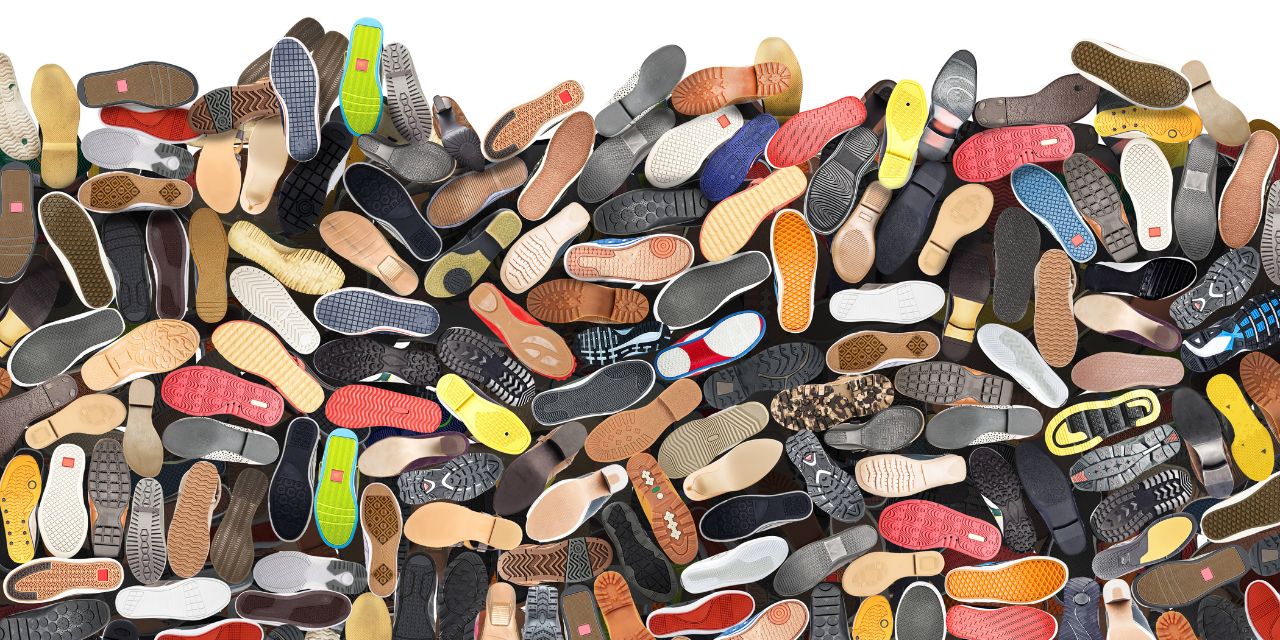Today, Fashion for Good unveiled “Closing the Footwear Loop,” a significant project that will unite 14 top fashion and footwear companies with their current circularity initiatives to address the intricate circularity issues facing the sector. By facilitating the conversion of the footwear industry’s present linear “take-make-dispose” model into a circular one, this cooperative project hopes to spur innovation throughout the value chain.
Participating brands include: adidas, DEICHMANN, Dr. Martens, Footwear Innovation Foundation (affiliated with FDRA), Indit lululemon, ON, Otto Group, Puma, Reformation, Target, Tommy Hilfiger, Vivobarefoot, and Zalando.
Footwear: A Complex Challenge
An astounding 23.8 billion pairs of shoes are produced worldwide each year, a statistic that demonstrates the size of the footwear industry as well as its impact on the environment. An average shoe is made up of over 60 distinct parts, which include rubber, adhesives, textiles, and plastics. These parts are carefully put together to satisfy requirements for cost, performance, and appearance. However, this intricacy makes it more difficult for the industry to embrace circular methods, which causes it to lag behind other fashion-related industries in terms of circular innovation.
Despite the industry’s and customers’ growing calls for more circular solutions, the truth is harsh: according to the most current statistics, 90% of footwear ends up in landfills, adding to the ever-increasing pile of waste. The multi-material composition and intricate design of footwear make it more difficult to properly sort, deconstruct, or recycle, in contrast to other fashion industries where innovation has been more easily incorporated.
Lack of infrastructure for reverse logistics and a lack of design principles that put circularity first make this problem worse. The lifecycle of items is not taken into consideration by current procedures, which mostly concentrate on linear production models: manufacturing, use, and trash. Given the growing environmental costs of inaction, the industry’s lagging behind clothing in scaled innovation highlights the need for structural change.
Although this intricacy poses a major obstacle, companies are already investigating cutting-edge solutions, such as advances in material science and take-back initiatives, to overcome these issues and open the door for more circular footwear. These individual initiatives support the group efforts under “Closing the Footwear Loop,” resulting in a synergistic strategy for promoting change throughout the industry. To promote a cooperative approach throughout the sector, we are collaborating with ecosystem partners The Footwear Collective, Global Footwear Future Coalition (GFFC), and Global Fashion Agenda.
Closing the Footwear Loop was born out of Pioneering the Future of Footwear and addresses multiple key intervention points: lack of end-of-life infrastructure, complex multi-material designs, and a need for unified circularity approaches. This project will deliver:
● Detailed mapping of European footwear waste streams (in collaboration with Circle Economy), providing crucial data on volumes, materials, rewearability, and recyclability. (Report & business case assessment due 2025)
● A roadmap towards circular footwear design, developed with Fashion for Good Alumni circular.fashion, outlining principles for material selection, durability, recyclability, repairability, and responsible chemical management. (Guidelines due 2025)
● Validation of end-of-use innovations, including trials and impact assessments, to overcome current bottlenecks and drive industry-wide
adoption. (Recycled material outputs due 2026)
“The footwear industry stands at a critical turning point. With billions of shoes produced annually and 90% ending up in landfills, ‘Closing the Footwear Loo represents our most ambitious effort yet to reimagine how we design, use, and dispose of shoes. By bringing together 14 leading brands, we’re not just addressing a challenge—we’re creating a blueprint for systemic change.” Katrin Ley, Managing Director of Fashion for Good.
You can find more information on the project here


